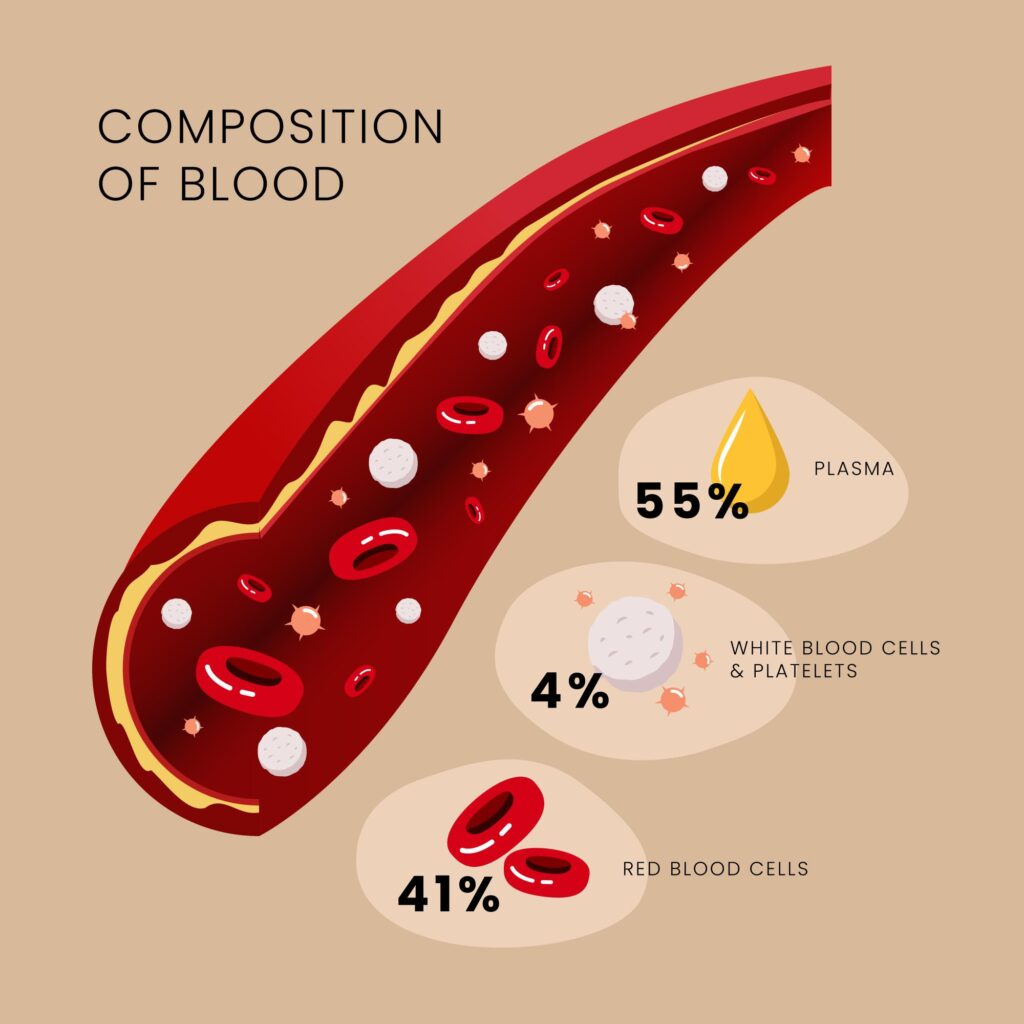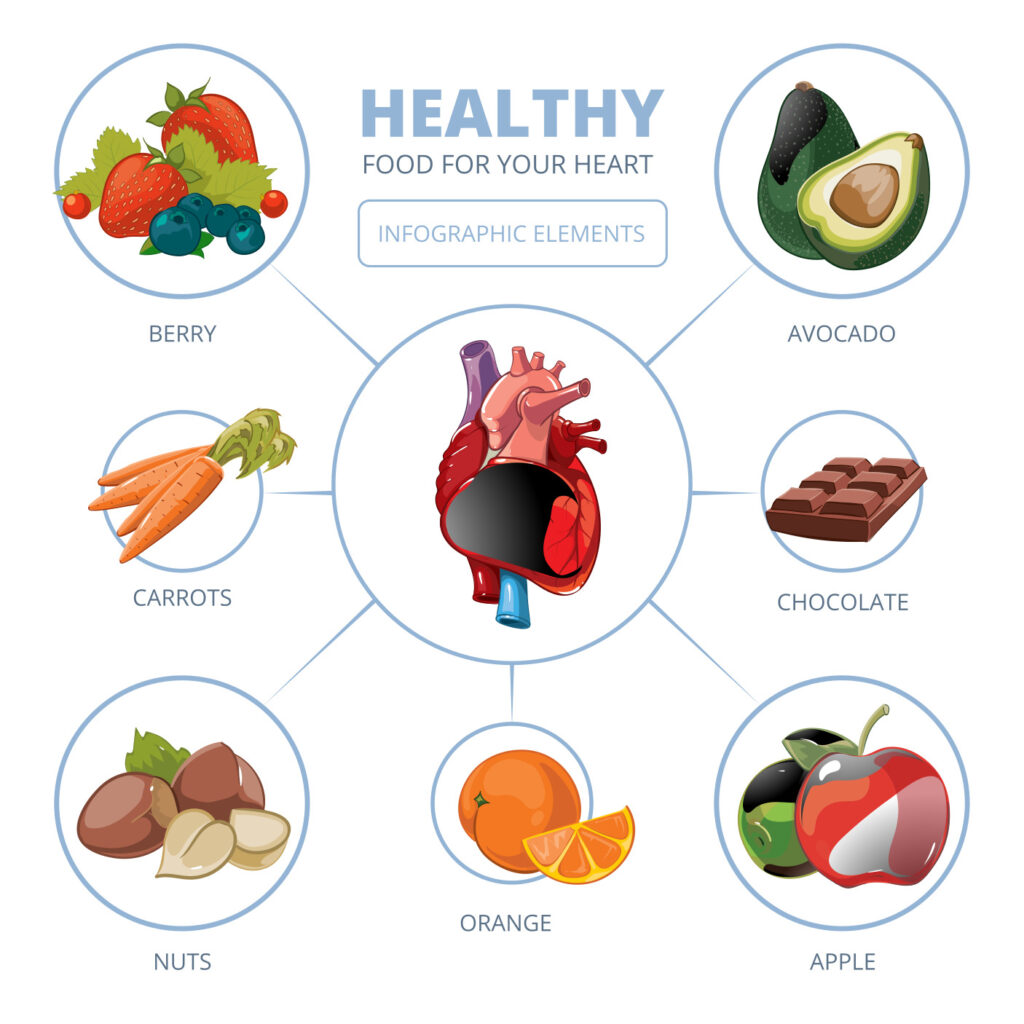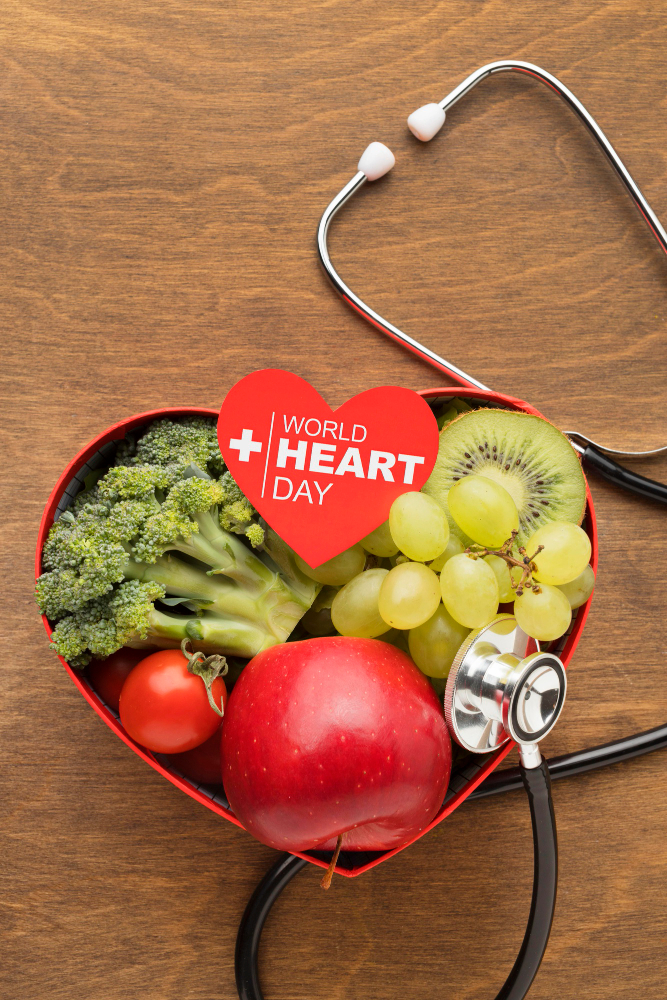Manage high cholesterol involves a combination of lifestyle changes, dietary adjustments, and sometimes medication. High cholesterol can be caused by a variety of factors, often in combination. Maintaining high cholesterol is not advisable as it increases the risk of serious health conditions such as heart disease, stroke, and atherosclerosis.

Healthy Diet
Reduce Saturated Fats: Found in red meat and full-fat dairy products.
Eliminate Trans Fats: Found in many processed and fried foods.
Increase Omega-3 Fatty Acids: Found in fish, flaxseeds, and walnuts.
Increase Soluble Fiber: Found in oats, beans, lentils, fruits, and vegetables.
Add Whey Protein: Found in dairy products.
Regular Exercise
Aim for at least 30 minutes of moderate-intensity exercise, such as brisk walking, most days of the week.
Manage High Cholesterol: Maintain a Healthy Weight
Losing even a small amount of weight can help lower cholesterol levels.
Quit Smoking
Stopping smoking improves HDL (good) cholesterol levels and benefits heart health.
Limit Alcohol Intake
Moderate alcohol consumption can potentially raise HDL cholesterol, but excessive drinking can lead to serious health issues.
Consider Medication
If lifestyle changes are not enough, your doctor may prescribe cholesterol-lowering medications such as statins, bile-acid-binding resins, or cholesterol absorption inhibitors.

Regular Monitoring
Regular check-ups with your healthcare provider to monitor cholesterol levels and adjust your management plan as needed.
Please Note: For personalized advice and treatment, always consult a healthcare provider.
Manage High Cholesterol: Better ways to Manage High Cholesterol
Managing high cholesterol is important for reducing the risk of heart disease and other health issues. Managing high cholesterol effectively requires a comprehensive approach that incorporates several lifestyle changes and, if necessary, medical intervention. Here is a refined plan to help you manage high cholesterol more effectively:
Dietary Changes
- Reduce Saturated Fats: Found in red meat and full-fat dairy products. Choose leaner meats, low-fat dairy, and healthier fats.
- Eliminate Trans Fats: Often found in fried foods and baked goods. Check food labels for partially hydrogenated oils.
- Increase Fiber Intake: Foods high in soluble fiber, like oats, beans, lentils, apples, and pears, can help lower cholesterol.
- Eat Omega-3 Fatty Acids: Found in fatty fish (like salmon and mackerel), flaxseeds, and walnuts, which can reduce bad cholesterol.
- Consume More Fruits and Vegetables: They provide antioxidants and fiber that help lower cholesterol.

Prioritize Heart-Healthy Foods:
- Increase Soluble Fiber: Foods like oats, barley, beans, lentils, fruits (apples, oranges), and vegetables (carrots, Brussels sprouts) can help reduce LDL cholesterol.
- Consume Healthy Fats: Focus on monounsaturated and polyunsaturated fats found in olive oil, avocados, nuts, seeds, and fatty fish (salmon, mackerel).
- Add Plant Sterols and Stanols: Naturally found in small amounts in many plants, sterols and stanols are added to products like margarine, orange juice, and yogurt.
Manage High Cholesterol: Stress Management
Chronic stress may negatively impact cholesterol levels. Practices such as mindfulness, meditation, deep breathing exercises, and physical activities can help manage stress effectively.
Manage High Cholesterol: Regular Health Screenings
Regular cholesterol checks can help track progress and adjust lifestyle or medications as necessary. It’s recommended to get a lipid panel test at least once every five years for adults, more frequently if there are other risk factors for heart disease.

Your writing is not only informative but also incredibly inspiring. You have a knack for sparking curiosity and encouraging critical thinking. Thank you for being such a positive influence!